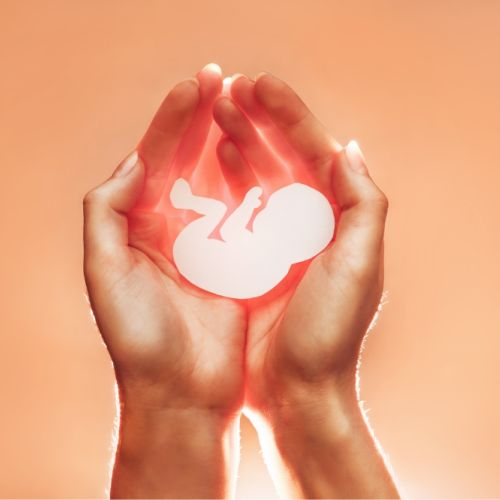5 Myths About Infertility

If you’re having trouble conceiving, you’ve probably received a lot of unsolicited advice about how you can improve your chances of getting pregnant. There’s a lot of misinformation out there regarding fertility, and these myths only contribute to your frustration and disappointment when trying to conceive.
Fertility specialists Eliran Mor, MD, and Irene Woo, MD, of the California Center for Reproductive Health dispel some common myths about infertility and help you understand what you need to know.
MYTH 1: Most women have an easy time getting pregnant
FACT: In reality, 12-15% of couples are unable to get pregnant or stay pregnant after a solid year of trying. After two years, 10% of these couples still haven’t conceived. Modern fertility interventions like those we offer at the California Center for Reproductive Health are quite successful in helping these couples go on to have a baby.
Myth 2: Fertility is always a female problem
FACT: A problem with the woman is responsible for just one-third of fertility cases. Issues with the man’s sperm quality or production is responsible in another third. The final third of cases are either due to unexplained problems or a combination of male and female factors.
MYTH 3: Older couples get pregnant pretty easily
FACT: Both male and female fertility are negatively affected by age.
If you’re a woman in your 30s and having trouble getting pregnant, you’re not alone. As you get older, fertility declines. After her 20s, a woman’s fertility decreases significantly and even more so after age 35.
A woman older than 35 should see a fertility specialist after six months of trying to get pregnant. And as you get older than 40, conceiving becomes that much more difficult.
Men also experience decreased fertility as they age, but it happens more gradually. While men do generate sperm regularly, even as they get older, the quality of the sperm declines as they age, which could make conceiving more challenging.
MYTH 4: If you’ve had one baby, it’s easy to get pregnant again
FACT: Many couples, 1 million to be exact, have trouble conceiving even after they’ve had one child. It’s entirely possible to suffer fertility problems after carrying a child to term.
Reasons for this secondary infertility include pelvic scarring, endometriosis, blocked fallopian tubes, irregular ovulation, and poor sperm quality — all factors that contribute to primary fertility.
You may also develop secondary infertility due to complications you experienced during labor and delivery or as a result of getting older. At the California Center for Reproductive Health, we can help in all cases of infertility.
Myth 5: If you relax and stop trying so hard, you’ll get pregnant
FACT: The inability to get pregnant is due to reproductive issues, not your mental health. While reducing stress can make you feel happier and contribute to a more positive outlook, it can’t fix a very real medical problem.
Your friends and family mean well when they tell you to just “relax” and it “will happen,” but it’s not the only solution when it comes to trying to get pregnant. Our team offers medical solutions, like in vitro fertilization and embryo transfer, for your fertility problem.
At the California Center for Reproductive Health, we address your very real fertility problems and do everything possible to help you create the family you desire. If you live in the greater Los Angeles area and you’re struggling with infertility, call one of our offices today or use the online tool to request an appointment.




